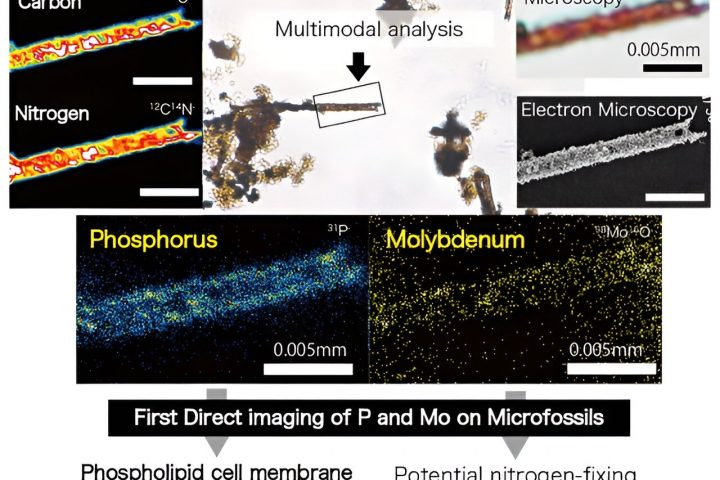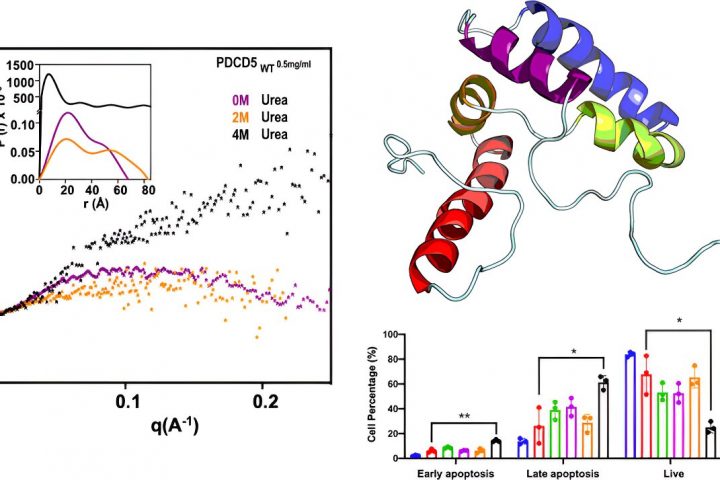Aquaporins, the superheroes of plant cells, have just shattered our expectations. Previously believed to only transport water, these remarkable membrane proteins have now been observed transporting sucrose molecules. This groundbreaking discovery, made by researchers from the University of Adelaide’s School of Agriculture, Food and Wine, challenges everything we thought we knew about aquaporins.
Aquaporins, belonging to the water-transporter family of membrane proteins, were first discovered in 1993 by the brilliant Peter Agre. At the time, it was accepted that they could transport small molecules like water, but the question remained: could they handle larger molecules like sucrose? Well, wonder no more. The researchers used a combination of nanobiotechnology, electrophysiology, protein chemistry, and computational chemistry to observe the biochemical process in HvNIP2;1, a special protein found in barley.
But HvNIP2;1 is no ordinary aquaporin. It has unique structural characteristics that allow it to transport saccharides. This opens up a whole new world of possibilities for understanding the functions of aquaporins and how they contribute to plant biology. The researchers are eager to explore what other roles HvNIP2;1 may play and how it relates to plant function.
This groundbreaking research has been published in the prestigious Journal of Biological Chemistry, and it’s just the beginning. Professor Maria Hrmova, one of the lead researchers, explains that they also conducted simulations to investigate the potential for water, boric acid, and sucrose transport in HvNIP2;1 and a spinach aquaporin. The results of these simulations will be the focus of future studies.
Professor Steve Tyerman, a co-author of the paper, emphasizes the need to be open-minded about the capabilities of aquaporins. They may not just transport water; they could be involved in transporting other important molecules as well. The intricate interactions between aquaporins and various molecules are still a mystery waiting to be unraveled.
Understanding aquaporins is crucial for bioengineering and designing proteins with improved characteristics. These proteins play a vital role in the survival of plants, facilitating water and nutrient uptake, distributing solutes, removing toxins, and recycling sugars. By manipulating aquaporins, we can enhance crop quality and increase nutrient contents, ultimately ensuring sustainable food production.
Aquaporins and other membrane transporters are the key to revolutionizing agricultural biotechnology. They hold the power to increase crop yields, exclude harmful elements, and improve the overall quality of our food. So let’s celebrate this groundbreaking discovery and embrace the endless possibilities that aquaporins bring to the table.








